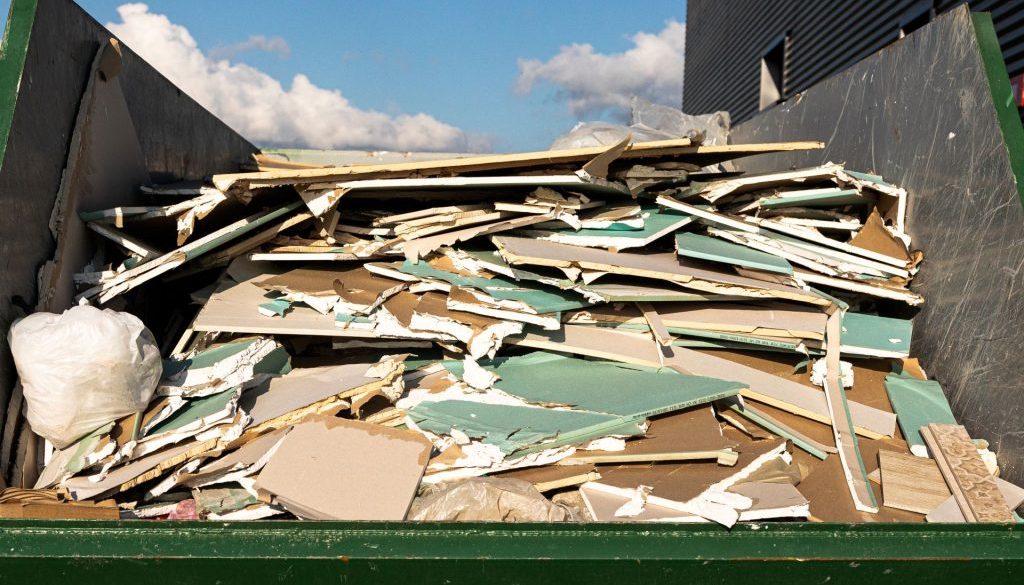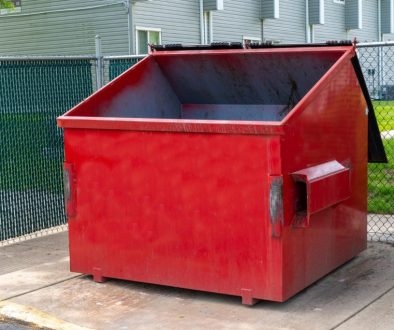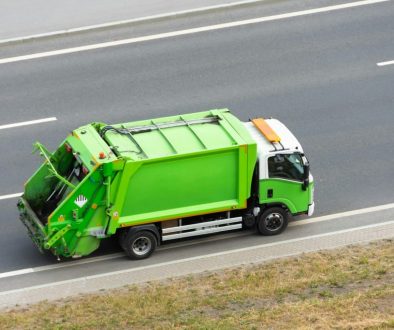Recycling building materials is an essential part of managing construction waste effectively. As we undertake construction projects, whether small home renovations or large-scale builds, the amount of rubbish generated can be overwhelming. However, many of these materials can be recycled or repurposed, reducing the need for new resources and minimising environmental impact. Understanding how to recycle building rubbish properly can help us save money, conserve resources, and create a cleaner, more sustainable environment.
It’s important to identify the types of materials that can be recycled and learn the best practices for sorting and preparing them. Whether it’s wood, metal, concrete, or other materials, knowing how to handle each type can make a big difference in your recycling efforts. Properly preparing materials before loading them into skips ensures that we maximise available space and recycle as much as possible.
By following effective recycling methods, we contribute to a healthier planet and support sustainable practices in the construction industry. Taking the time to educate ourselves on the best ways to recycle building materials can lead to more efficient waste management and a significant reduction in the negative impact on our environment.
Understanding the Types of Building Materials You Can Recycle
Recycling building materials is an effective way to manage waste on construction sites. Knowing which materials can be recycled helps us to plan better. One of the most common recyclable materials is metal. Steel, aluminium, and copper from construction projects can be easily recycled and reused in other projects. These metals have a high value and recycling them reduces the need to extract new raw materials from the earth.
Wood is another material that can be recycled. Clean, untreated wood can be turned into mulch, compost, or even repurposed for new construction. Even treated wood has its uses, such as in the production of engineered wood products. Concrete is also highly recyclable. When properly crushed, concrete can be used as aggregate for new concrete mixtures or as a base for roads and pavements. Recycling these materials helps to reduce the amount of rubbish sent to landfills and conserves valuable resources.
Tips for Sorting and Preparing Materials for Recycling
Properly sorting and preparing materials for recycling is essential for an efficient recycling programme. Start by having designated skips for different types of materials. Clearly label each skip for metal, wood, concrete, and other recyclables. This makes it easy for everyone on the site to dispose of materials correctly and keeps recyclables from getting mixed with general rubbish.
Cleaning materials before placing them in the recycling skips can significantly improve the efficiency of the recycling process. For instance, removing nails from wood or cleaning dirt off concrete pieces makes these materials more acceptable for recycling. Make sure to flatten or dismantle large items, like cardboard boxes or metal frames, to save space in the skips. By carefully sorting and preparing materials, we ensure that they can be recycled effectively, contributing to a cleaner and more organised construction site.
Benefits of Recycling Building Materials for the Environment
Recycling building materials offers numerous environmental benefits. First, it reduces the amount of rubbish that ends up in landfills. This is crucial as landfills are quickly reaching capacity, and space for new ones is limited. By recycling, we conserve landfill space and reduce the need for new disposal sites.
Additionally, recycling helps conserve natural resources. Using recycled materials reduces the demand for raw materials like timber, metal, and aggregates. This conservation effort helps protect ecosystems and reduces the environmental impact of mining and deforestation. Recycling also decreases greenhouse gas emissions associated with the production and transport of new materials, contributing to the fight against climate change. By committing to recycling, we play a vital role in creating a more sustainable and environmentally-friendly construction industry.
Final Thoughts
Recycling is a crucial aspect of our operations on construction sites. By understanding the types of building materials that can be recycled and properly sorting and preparing them, we enhance our efficiency and sustainability. Implementing best practices for loading skips to maximise space and recognising the significant environmental benefits of recycling further drive our commitment to responsible waste management.
To achieve the best results in waste management and recycling for your construction projects in Staffordshire, partner with Enviro Skip Hire. We provide reliable skip hire services and support you in making eco-friendly choices. Contact us to learn more about how we can assist you in managing your construction waste responsibly. Let’s work together to build a greener and more sustainable future.




